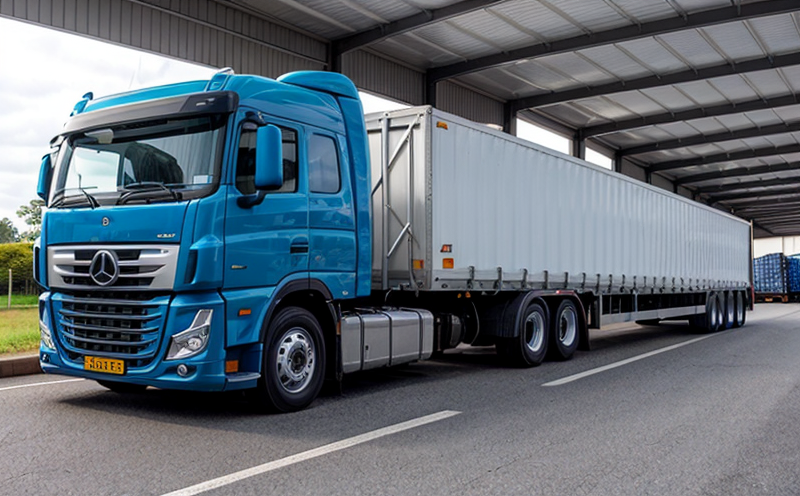ASTM D4814 Gasoline Quality Testing in Automotive Trade
In today’s globalized automotive trade landscape, ensuring that gasoline meets stringent quality standards is critical for maintaining reliable and efficient transport systems. The ASTM D4814 standard provides a robust framework to test the quality of gasoline, ensuring it adheres to international specifications designed to enhance engine performance and reduce emissions.
ASTM D4814 focuses on several key parameters that are crucial for the automotive industry:
- Research Octane Number (RON)
- Cetane Number
- Sulfur Content
- Vapor Pressure
- Pure Component Distribution
- Distillation Range
The research octane number is a measure of gasoline's resistance to engine knocking, which can lead to reduced engine performance and increased fuel consumption. Cetane number indicates the self-ignition quality of diesel fuels but is also used as an indicator for gasoline’s combustion behavior. Sulfur content directly impacts exhaust emissions, and vapor pressure affects volatility, both critical factors in ensuring safe handling and storage.
Pure component distribution provides detailed information about the composition of gasoline, which can be vital for understanding how it behaves under various conditions. The distillation range gives insights into the boiling point properties, which are essential for optimizing engine performance across different temperature ranges.
Government and trade facilitation testing plays a pivotal role in ensuring that goods meet international standards before they enter the market or cross borders. ASTM D4814 gasoline quality testing is an integral part of this process, providing data that can be used to make informed decisions about the import/export of automotive fuels.
Our laboratory adheres strictly to ASTM D4814 guidelines and uses state-of-the-art equipment to ensure accurate and reliable results. By leveraging advanced analytical techniques, we aim to provide you with comprehensive reports that help maintain compliance with international standards and support sustainable practices in the global automotive trade.
Scope and Methodology
| Parameter | Description |
|---|---|
| Research Octane Number (RON) | Determines the fuel’s resistance to knock during combustion. |
| Cetane Number | Indicates the self-ignition quality of diesel fuels and gasoline combustion behavior. |
| Methodology | Description |
|---|---|
| Sulfur Content Determination | Uses colorimetric methods to measure sulfur content. |
| Vapor Pressure Measurement | Involves closed-cup apparatus for precise vapor pressure determination. |
Eurolab Advantages
At Eurolab, we pride ourselves on delivering top-tier gasoline quality testing services that are not only compliant with ASTM D4814 but also exceed industry expectations. Our laboratory is equipped with cutting-edge technology and experienced professionals who ensure accuracy and precision in every test.
- State-of-the-art analytical equipment
- Dedicated team of chemists specializing in automotive fuels
- Comprehensive quality assurance programs
- ISO 17025 accreditation ensuring reliability and accuracy
We understand the importance of timely results, which is why we offer expedited testing options to meet your deadlines. Our commitment to excellence extends beyond just meeting standards; we strive to provide actionable insights that can enhance your supply chain efficiency.
Environmental and Sustainability Contributions
- Emission reduction through accurate sulfur content measurement
- Improving fuel efficiency by optimizing research octane number
- Promoting cleaner combustion to minimize environmental impact
- Sustainable practices in handling and storage of fuels
By ensuring that gasoline meets strict quality standards, we contribute to a more sustainable future. Our testing services play a crucial role in reducing harmful emissions and promoting the use of cleaner automotive fuels.





